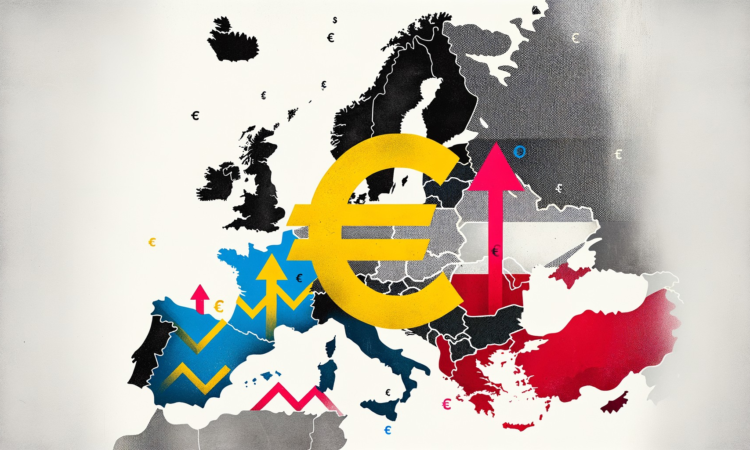
What’s going on here?
Central European currencies made notable gains on Monday, bolstered by a stronger euro and increased risk appetite following the first round of French parliamentary elections.
What does this mean?
The boost in sentiment from the French election results saw Hungary’s forint and Poland’s zloty appreciating significantly. Hungary’s forint jumped by 0.4% to a three-week high of 393.1 per euro, while the Polish zloty strengthened by 0.34%, trading at 4.295 per euro. Analysts from Bank Millennium attribute this to a robust upward trend in the Eurodollar market driven by minimized investor uncertainty. Meanwhile, the Czech crown lagged, holding steady at 25.01 per euro, impacted by a recent rate cut from the Czech National Bank, which might make it vulnerable to future political tensions.
Why should I care?
For markets: Navigating the waters of currency fluctuations.
Investors’ renewed interest in central European currencies signifies confidence, buoyed by a stronger euro post-French elections. Hungary, Poland, and other regional currencies saw appreciation, reflecting increased market stability. Notably, stock market indices in Prague and Warsaw rose, indicating broader market health. However, Hungary, Czech Republic, and Poland reported contraction in manufacturing activity, underscoring nuanced economic conditions that investors should monitor.
The bigger picture: Global political impacts ripple through Europe.
The French parliamentary election results didn’t just spike the euro; they set off a wave of positive sentiment impacting central European currencies. While the Czech crown’s stability post-rate-cut hints at underlying vulnerabilities, the general uplift across the region speaks to interconnected economic and political landscapes. Investors should watch for any shifts in European political dynamics that could influence currency and market stability.
